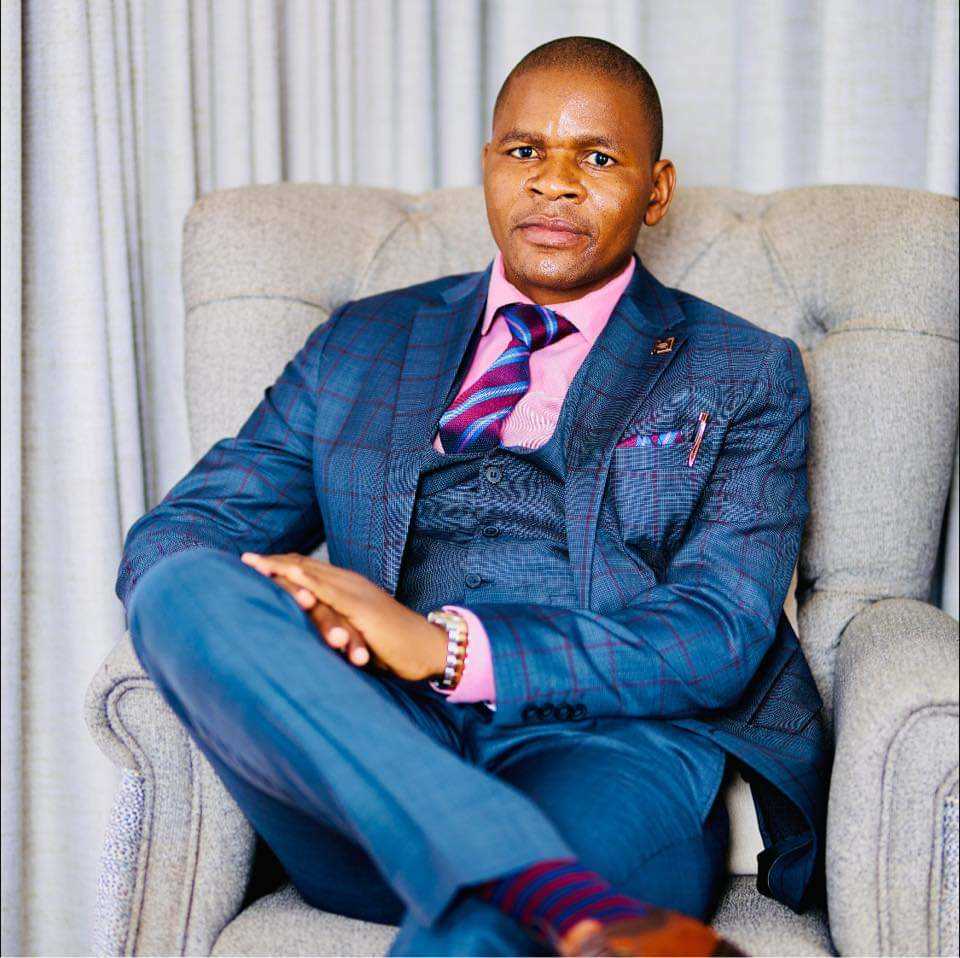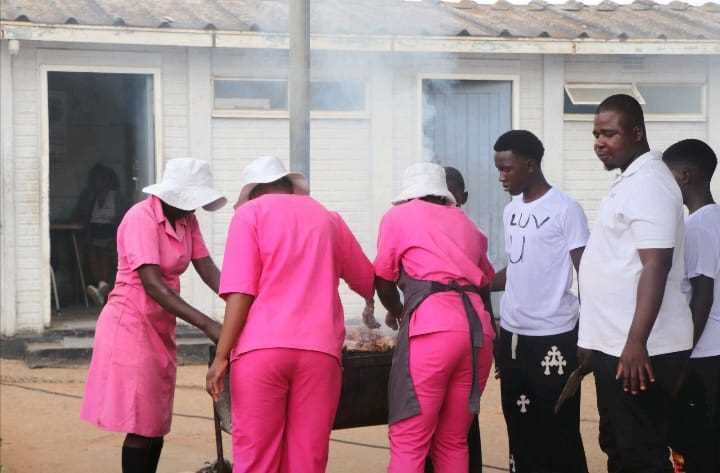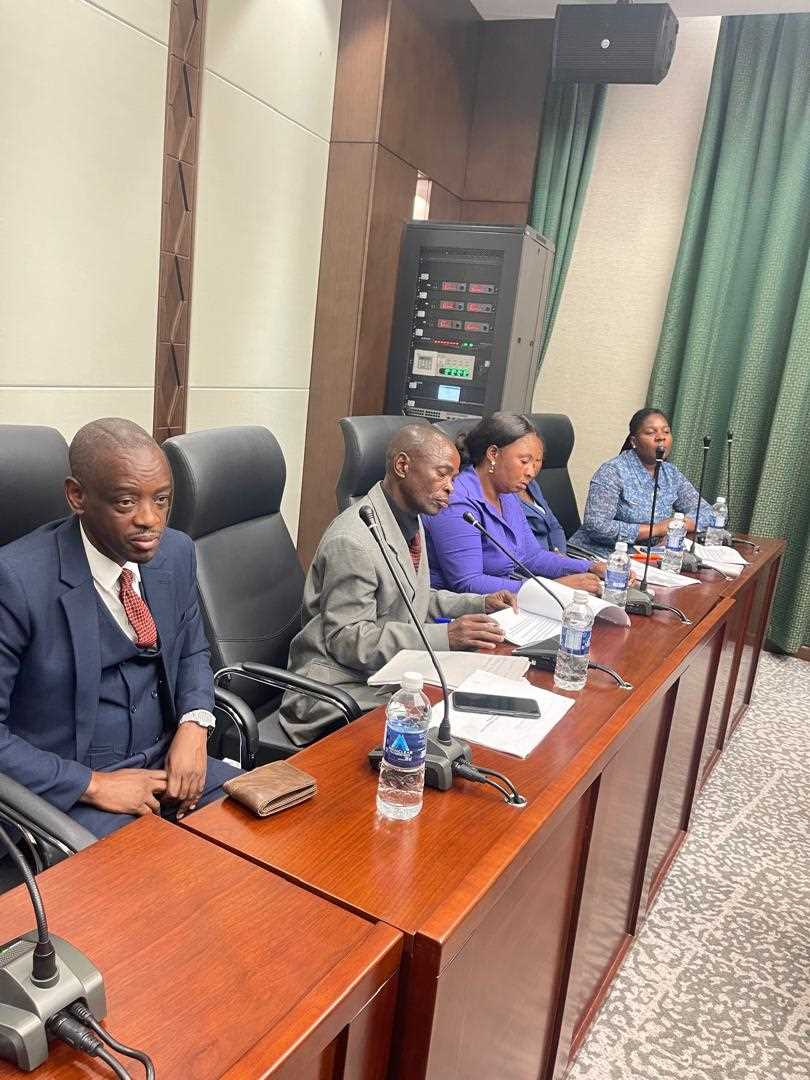
Zim Now Reporter
2,000 children in one school in Epworth Constituency are struggling to access water, highlighting the dire need for effective water solutions in poor communities.
Epworth North legislator Zivai Mhetu raised this concern in Parliament on Wednesday. He said that the Harare office requires funds for diesel and pipes, known as casings, to operate the drilling rigs, effectively excluding poor communities from benefiting.
"I want to thank the Minister for the rigs that were bought in different provinces, even in Harare. The challenge is that I am one of the people who went to the Harare office requesting for boreholes and I was told that the rig is there but it does not have diesel and pipes which are referred to as casings," Mhetu said.
Related Stories
"I noted that those who benefit from the rigs are the rich who have money for fuel, casings and pump installation. Those who are poor do not benefit. When they have money, they will discover that the rigs will be malfunctioning. I want to give an example of the Epworth Constituency where you find 2 000 children in one school and there is no water.
"When you request for a rig, you are told that we need money for diesel and casings. My question to the Minister is, what does the Ministry do regarding providing rigs for people who come from poor constituencies, for example areas like Epworth and others?"
Minister of Lands, Agriculture, Fisheries, Water and Rural Resettlement, Anxious Masuka acknowledged the challenges in providing water due to insufficient rainfall, local authorities' inability to treat water, and outdated reticulation systems. He said the government has allocated funds to supply raw water from dams and launched a borehole installation program, with over 100 boreholes drilled in Harare.
"Firstly, rain water was insufficient. In some areas, in the past 100 years, we have received so little water, which means that the dams will have little water also. Looking at this issue, there are two things that are happening. There are some local authorities that are unable to treat water on their own such as Murambinda and others.
"So Government , through ZINWA, has allocated funds to supply raw water from the dams such as Marovanyati Dam in Buhera. That water can be reticulated. The same goes for areas like Chivhu. Then, there are other urban local authorities that are a bit more advanced and able to supply water on their own such as Harare and Bulawayo where Morton Jeffrey or Prince Edward have their reservoirs where they can then distribute water," he said.


















Leave Comments